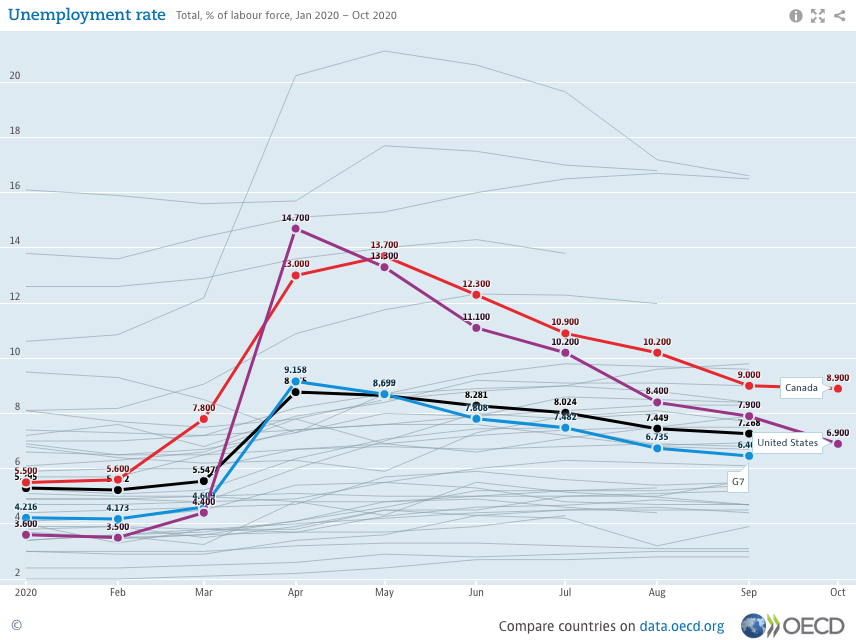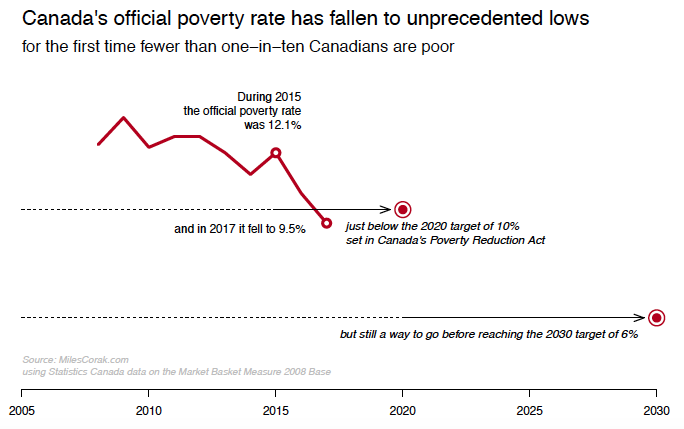
I was gifted the first volume of @BarackObama memoir , and read it in four days.
Well, #APromisedLand solved a mystery for me, and raised the importance of a couple of things that I didn't fully appreciate about how we choose our leaders, and how they govern.
Well, #APromisedLand solved a mystery for me, and raised the importance of a couple of things that I didn't fully appreciate about how we choose our leaders, and how they govern.

I have often wondered about this short 2014 newspaper clipping in which the reporter writing of @BarackObama taking a walk confesses:
"We have no idea why Obama referred to himself as 'the bear'."
Why indeed? The mystery is solved in the first pages of #APromisedLand .
"We have no idea why Obama referred to himself as 'the bear'."
Why indeed? The mystery is solved in the first pages of #APromisedLand .

"Bar", short for "Barry", @BarackObama's childhood family nickname is pronounced "Bear." Go figure. He carried this with him all his life, as quite naturally we all would.
But his mother asks him "Which kind of person do you want to be?"
#APromisedLand
But his mother asks him "Which kind of person do you want to be?"
#APromisedLand

The importance of the answer to that question is the first thing I learned from #APromisedLand.
It is crucial that we choose our leaders with an honest understanding of just the kind of person they are, the values and goals that motivate them.
It is crucial that we choose our leaders with an honest understanding of just the kind of person they are, the values and goals that motivate them.
For a policy wonk like me this is a lesson to learn because a great deal of governance has to do with dealing with the unexpected events that require immediate action, and were not foreseen at election time, not reflected in policy platforms.
Values first, policy second.
Values first, policy second.
But the second message from #APromisedLand for me is the importance of the institutions of governance, the rules of the game, in determining the constraints on action and the trade-offs that have to be made in moving a policy agenda forward.
The filibuster in the @USSenate, @BarackObama writes in #APromisedLand "would prove to be the most chronic political headache of my presidency." 

So lesson two for me from my reading of #APromisedLand: values aside, leadership and policy are formed by institutions.
Some of rules are fundamental to constitutional design, but others are quirks and unintended consequences of past decisions that take on a life of their own.
Some of rules are fundamental to constitutional design, but others are quirks and unintended consequences of past decisions that take on a life of their own.
In the US, think not just of the Senate fiilbuster, but also the way in which justices of the Supreme Court are chosen, the later not really coming up in #APromisedLand.
But much of @BarackObama #APromisedLand will not be a revelation to you if you closely follow American politics, reading like a diary organized roughly chronologically running from the decision to enter politics, through the first 2008 campaign to the end of the first term.
Indeed, I suspect that there is just as much to wonder about what is left out, as to reflect on what is included.
"Who is that we sent to Benghazi? ..."
"A guy named Chris Stevens, ..."
"Brave guy, I said."
"Who is that we sent to Benghazi? ..."
"A guy named Chris Stevens, ..."
"Brave guy, I said."

If you have not closely followed US politics, blow by blow, but have a good sense of the political times during @BarackObama's first term, reading #APromisedLand will offer both the details and the backdrop to appreciate this important period in history.
obamabook.com
obamabook.com
• • •
Missing some Tweet in this thread? You can try to
force a refresh




